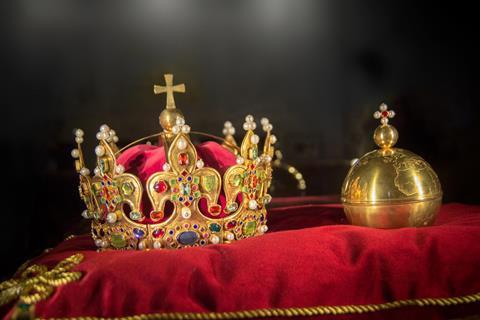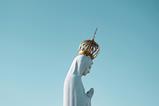
This month marks 20 years since Alastair Campbell famously told a reporter: “We don’t do God.”
Despite Campbell’s repeated explanations that his throwaway comment was merely an attempt to get rid of a pestering journalist, over the years his words have been used many times in public conversations to suggest that religion and politics don’t mix.
This is despite four of the past seven prime ministers having been religious: Blair, Brown and May were all practising Christians, while Rishi Sunak is the UK’s first Hindu leader.
Campbell himself thought it was entirely possible to be a “pro-faith atheist”. He said: “It is entirely possible to be an atheist without feeling the moral superiority that so many atheists seem to display, and without denigrating those who do have a faith.”
But this sentiment ran counter to the prevailing cultural narrative of the early 2000s. The years that followed 9/11 saw the rise of the New Atheist movement, with the “four horsemen of the non-apocalypse” – Richard Dawkins, Christopher Hitchens, Daniel Dennett and Sam Harris – loudly proclaiming that belief in God was bad for the world and that people would soon come to their senses.
I started university at the height of the New Atheist movement. Then, the secularisation theory claimed that, as societies developed, religion would disappear – or at least retreat into where it belonged: the private sphere.
And yet, here we are in 2023, still ‘doing God’. Religion has continued to remain at the centre of some of the biggest news stories in the world: from Putin’s war on Ukraine and his symbiotic relationship with the Orthodox Church to the “Jesus Saves” signs at the 6 January insurrection in the USA; from the debates around whether churches should have paused services during the pandemic to the Christian symbolism and the role of the established Church in the funeral of Queen Elizabeth II – and the upcoming coronation of King Charles III.
In the UK, the latest figures show that less than half of the population in England and Wales would describe themselves as Christian, making us now a minority religion. This trend is unlikely to reverse in the coming years. Fewer people belonging to religious groups, however, does not mean that faith should be privatised, nor does it mean that people are completely rational, with no room for the numinous. In fact, it was secularisation theorist Peter Berger who said: “The world is as furiously religious as it ever was.”
Religion isn’t going away – or, at least, spirituality isn’t. Our recent research at Theos showed that among those who would describe themselves as non-religious just 51 per cent said they don’t believe in God. Of those categorised as spiritual but not religious, 80 per cent said they believe in some form of the supernatural.
Over the next 20 years, Christians will need to better understand the culture in which we’re operating and step out of the comfort of our faith-filled echo chambers. We will need to show people how ‘doing God’ might just change their community or country for the better.
And who knows? It may even change their lives.





































No comments yet